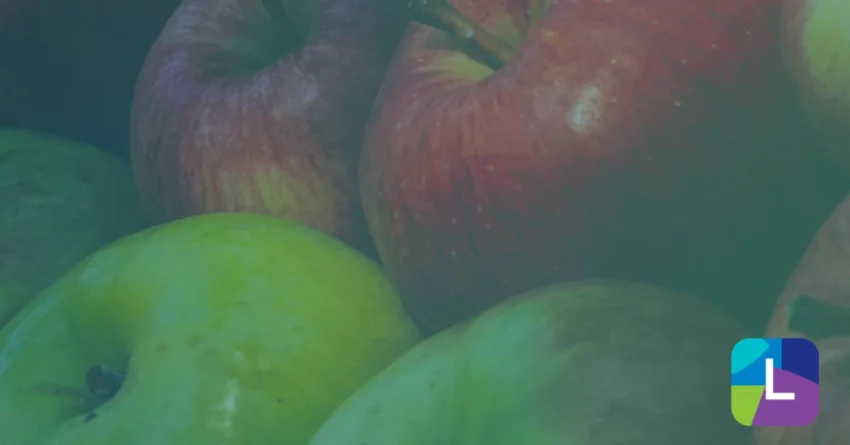How Does A Master’s Loan Differ From An Undergraduate Loan?
If you’re considering a postgraduate degree, it’s important to understand that the loans offered by the Student Loans Company at this level are considerably different to the ones you get as an undergraduate.
To start with, there’s just one loan, the Master’s Loan1, which for the 2020/2021 academic year offers English students a contribution of up to £11,222 towards their tuition and living costs. If you’re in Scotland, Wales, or Northern Ireland, your student finance will be a little different.
Here, we’ll discuss some of the key points that differentiate undergraduate loans from postgraduate loans:
No maintenance loan
The biggest shock most aspiring postgrads will meet on the first day of their ‘funding journey’ is that, unlike a bachelor’s degree, there’s no maintenance loan to support any of your additional costs.
The Master’s is just one package, and it’s designed primarily to cover the cost of your tuition fees. Postgraduate tuition fees will vary according to whether you’re opting for part-time study or full-time study, and according to which university and field you pursue.
Postgraduate fees won’t usually be as high as they are for undergraduate degrees2, but expect the vast majority of the money – if you decide to claim the full amount – to go towards paying them.
The loan is paid to your bank account, and not your university
So you’ll have to pay the university directly when they send you an invoice.
This technically means that once you’ve got the money you could be tempted to spend it on other expenses, but this is not advised unless you are confident that you have another way of paying!
The Master’s loan is paid in three instalments
Whatever amount you get, your payment will be broken into three instalments 33%, 33%, and 34% per academic year.3
If you’re doing a two-year part-time course, then six payments will be spread over two years.
This usually means that universities will collect their fees in three parts per year too, but you should always check with them first.
Not means tested
Here’s a good bit of news: this time around, you don’t have to keep reminding your parents to sign in to GOV.UK and declare how much they earn.
The Master’s Loan is not means tested, which means if you fit the eligibility criteria, you’ll most likely get the amount you ask for.4
The deadline is later
According to Student Finance England, students must apply “no more than nine months after the first day of the first academic year of their course if they’re studying a one-year course”.5
The loan will most likely need to be supplemented by other income
This is a hard truth about doing a Master’s degree. The funding that you get through a government student loan is unlikely to cover most of the financial demands involved in being a student. Such as living costs, rent, bills, and additional study expenses.
For this reason, some people may opt to do a part-time master’s course, and structure their studies around a full-time job. If you can manage your time well enough, this can be rewarding. You can broaden your mind and enhance your skills and expertise while climbing the career ladder.
Thousands of people each year find a way of doing a Master’s degree full-time, though, despite the greater financial challenges there are at this level. Whether it’s part-time work, savings, scholarships, grants, employer sponsorships or a private loan, there are many ways to top up your Master’s loan with additional sources of funding.
For a complete guide to all types of postgraduate student loans, including funding for tuition, living costs, and flexible repayment options, visit ourStudent Loans page.
Have a look at some tips for going beyond your Master’s loan and reaching your funding goals in our short guide on working out how much you’ll need for your degree. <link to Is My SLC postgrad loan enough?>
Endnotes
1. GOV.UK. 2020. Master’s Loan. [online] Available at: <https://www.gov.uk/masters-loan> [Accessed 30 March 2020].
2. UCAS. 2020. UCAS Advice On Postgrad Fees And Funding [online] Available at: <https://www.ucas.com/postgraduate/postgraduate-fees-and-funding> [Accessed 31 March 2020].
3. GOV.UK. 2020. Master’s Loan. [online] Available at: <https://www.gov.uk/masters-loan/what-youll-get> [Accessed 31 March 2020].
4. UCAS. 2020. Postgraduate Loans. [online] Available at: <https://www.ucas.com/postgraduate/fees-and-funding/postgraduate-loans> [Accessed 30 March 2020].
5. Student Loans Company, S., 2020. Application – Postgraduate Loan – Postgraduate Education – Products – SFE, Practitioners. [online] Practitioners.slc.co.uk. Available at: <https://www.practitioners.slc.co.uk/products/postgraduate-education/postgraduate-masters-loan/application/> [Accessed 2 April 2020].
